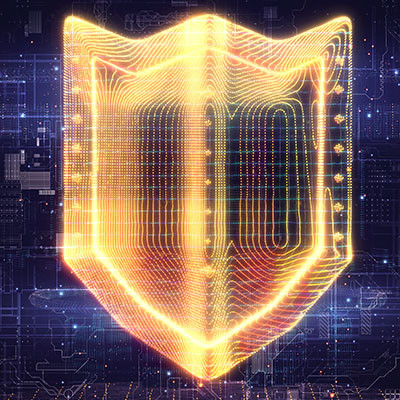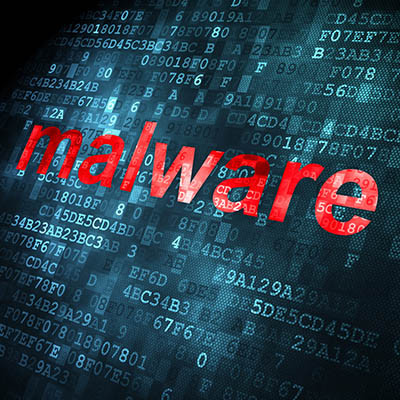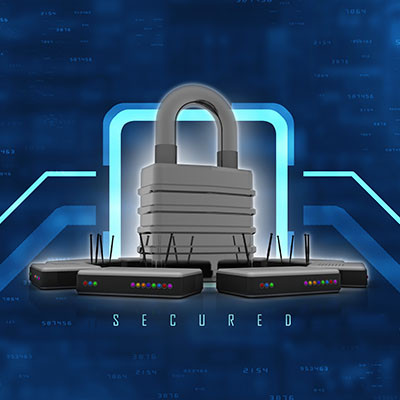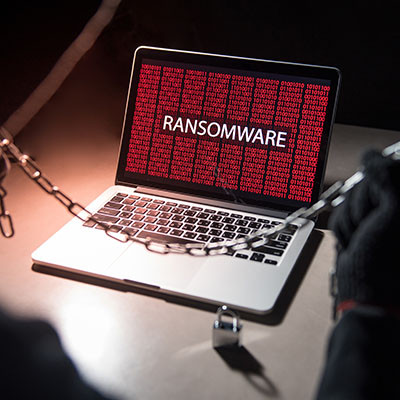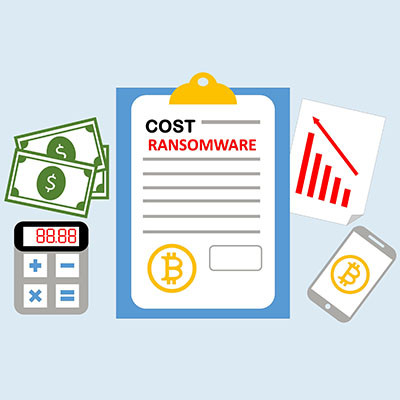There are so many threats out there that there are positions dedicated within companies to protecting network infrastructures and managing cybersecurity strategy. This alone should be enough to get you to take it seriously. With your employees controlling the “keys to the castle,” i.e., passwords, you need to make sure that you have a solid password strategy in place so as to not inadvertently put your company at risk.
Phantom Technology Solutions Blog
Small businesses have plenty of problems as it is without the added stress that poor security practices can bring about. Small businesses often overlook security because they deem themselves too small to be of any value to a hacker, but this outlook is short-sighted and irresponsible at best. Let’s go over why you’ll need to make security a priority for your business.
Back during the holiday season, the Federal Trade Commission shared some data that showed that members of Generation X, Millennials, and Generation Z are all more likely to fall for online shopping scams than those over the age of 60…and not by a little, either. Those under that age are apparently 86 percent more likely to fall for these scams.
Whether you like it or not, organizations are going to get hacked. It’s the cruel truth. There are just so many individuals and organizations looking to gain unauthorized access and siphon off data and money from businesses, that it is basically impossible to go long stretches of time to not have to confront it in some way. With the threat landscape what it is, companies now offer cyber insurance. Let’s take a quick look at cyber insurance and what you need to know about it.
Unfortunately, some businesses have had to learn the hard way in order to pay attention to their business’ cybersecurity efforts. These cautionary tales aren’t lost on many business owners, but in some cases, they are still ignored. That’s where we come in. Today, we thought we would go through some basic things that any organization needs to know to keep their business safe.
Do you remember the “Hello, I’m a Mac, and I’m a PC” commercials that aired from 2006 to 2009? These ads, which featured actors Justin Long and John Hodgeman as Mac and PC, respectively, were put out by Apple to promote their line of computers, highlighting the advantages that Macs had over the PC. One advantage the ads referenced repeatedly was the idea that Macs “don’t get viruses,” something that research conducted by Elastic Security Labs has disproved beyond any doubt.
Cybersecurity definitely needs to be a point of emphasis for any business who relies on technology, after all if you suffer a data breach, it can have a direct impact on the way your business is viewed by potential customers or it can even have an effect on the way that you are able to operate. In order to keep your business secure online you need to depend on your staff. Like it or not, they are a major part of your business’ cybersecurity system and if they aren’t trained properly and understand their role, your business is low-hanging fruit for hackers.
It’s all well and good for us to recommend that you avoid phishing attacks and infected attachments simply by not clicking on the links in emails and other popular vectors of attacks, but the fact of the matter is that you might need to click on one at some point. In this case, it’s best to check the link before clicking it, and we’re here to offer tools to help you do so.
If you have ever forgotten your wireless router’s password, then you know that a factory reset might be imminent—assuming of course that you have changed your password in the first place (which you should have). For situations like these where you want to avoid a factory reset, you can use this router password repository to find your default credentials.
Malware has plagued anyone using technology for a long time, and while security has certainly gone a long way toward protecting users from malware, so too have the threats grown more powerful and dangerous—especially for businesses. Let’s take a look at some common ways individuals might find themselves with a malware problem.
Ransomware is an incredibly potent threat that has ravaged the cybersecurity landscape for several years now. Many users who get struck by ransomware feel like they have no choice but to pay the ransom, but others have banded together to create a community of resilience in the face of such a threat. Thanks to the efforts of one particular agency, victims of malware can enjoy access to malware removal tools for free.
There’s nothing more intriguing than finding a random USB drive while cleaning up your office or while out and about. You might feel the urge to plug it in and discover its contents, but we are here to tell you that this is often a bad idea—particularly if the drive is unfamiliar to you. Unlike cloud storage, which is quite transparent, you don’t know what’s on a USB drive until you plug it in, and it’s often too late by the time this happens.
We apologize for the pun, but we couldn’t help ourselves.
When you go about your business and attempt to onboard a new client or implement a new tool for your company, you spend time getting to know what your business is doing and why. Well, a newly formed ransomware group will spend up to two weeks mapping your network before launching its attacks, making it a potent threat actor that you should keep an eye out for on your business network.
Mobile devices have cemented themselves in day-to-day life, so much so that people feel uncomfortable when they don’t know where their smartphone is or if they don’t have it on their person. Furthermore, devices can keep track of your location; this goes for the applications on your device, as well. How do you keep track of which devices have these privileges, and what do you do to manage them?
Imagine your business becomes the target of a ransomware attack. The situation is dire, and you need access to your data. You decide to pay the ransom, even though all security professionals advocate for the opposite. The worst is behind you, you think. This is unfortunately not the case; there are countless other costs that ransomware can bring to the table, and none of them are good. Let’s examine the true cost of ransomware beyond just the ransom.
Business technology is far from the easiest thing to manage, and it’s mostly because managing technology is not the sole focus of companies (unless you’re us, of course). If you can’t overcome your IT challenges, your business could be held back needlessly. Let’s go over some of the common issues your organization might face with regards to technology management and maintenance.
Phishing is a serious matter, so serious that it is responsible for a quarter of all data breaches. Therefore, you need to consider it a threat to your business, whether you think these attacks are obvious or not. Phishing is a popular tool in the hacker’s arsenal, so you should be prepared to address it with your staff to preserve your business’ future.





